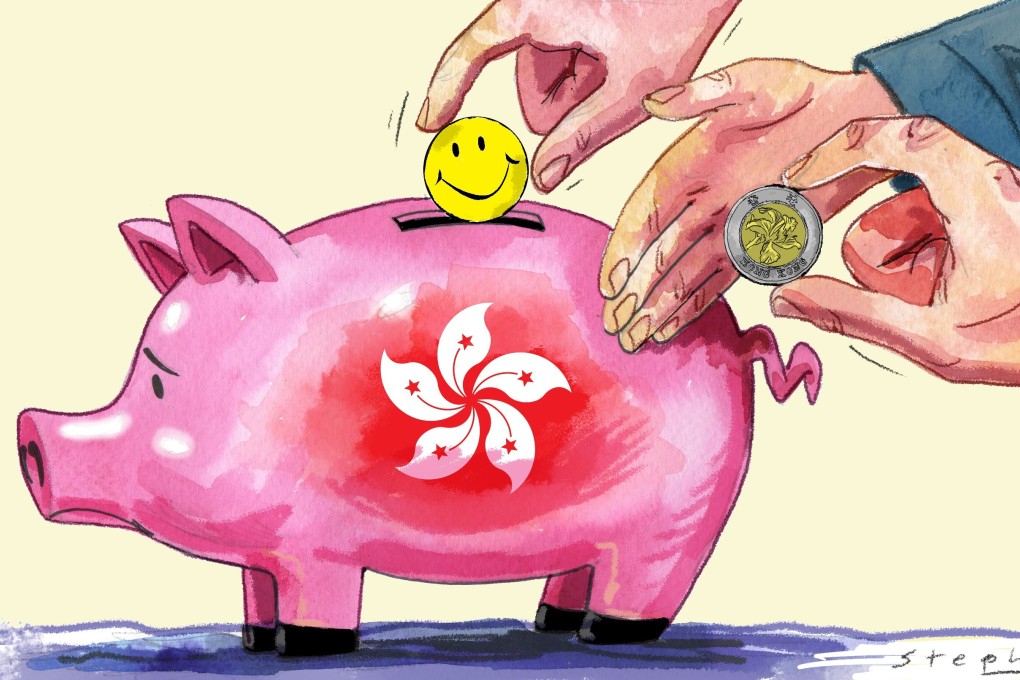Advertisement
Opinion | Let’s build a more inclusive Hong Kong, and put people’s happiness first
- Restructuring Hong Kong could be disruptive, but the city can afford to take some short-term pain for long-term gain
- The entrenched elite fail to see that a rejuvenated Hong Kong would achieve new heights of prosperity, attracting a flood of money and talent from abroad
Reading Time:4 minutes
Why you can trust SCMP
19

Hong Kong needs to reinvent itself. The national security law has provided some breathing space, but it cannot cure all the ills of Hong Kong society, including widespread frustration over high living costs, unaffordable housing and an economic system that benefits a privileged few but leaves out ordinary people.
Advertisement
The truth is that the extreme form of capitalism that served Hong Kong so well in the 20th century – laissez-faire policies that permitted a blind pursuit of corporate profits – has become counterproductive in the 21st century. Corporate profits and regular people’s happiness show an increasingly negative correlation, and we have to reverse the trend by rebuilding society to be more inclusive.
The priority in government policy has to be the happiness of people. We have to accept that a restructuring for Hong Kong could be disruptive in the short term, requiring the government to provide a cushion. But, frankly, Hong Kong can afford to take some short-term pain for long-term gain.
The city isn’t short of money; it’s short of happiness. According to World Bank data, Hong Kong’s gross domestic product per capita in 2019 was US$48,700, ahead of Britain’s US$42,300, France’s US$40,500 and Japan’s US$40,200.
Hong Kong also has huge reserves, representing the savings of generations, managed by the Hong Kong Monetary Authority. The money belongs to the people of Hong Kong and is meant to fight emergencies, which describes the situation today.
The economic system has to evolve from shareholder capitalism, which focuses on shareholders’ interests, to stakeholder capitalism, which takes responsibility for shareholders, employees, the overall community and the environment. Anti-monopoly legislation has to be strengthened to counter an unpleasant trend in Hong Kong where a wide range of goods and services is sold under oligopolies.

Advertisement
